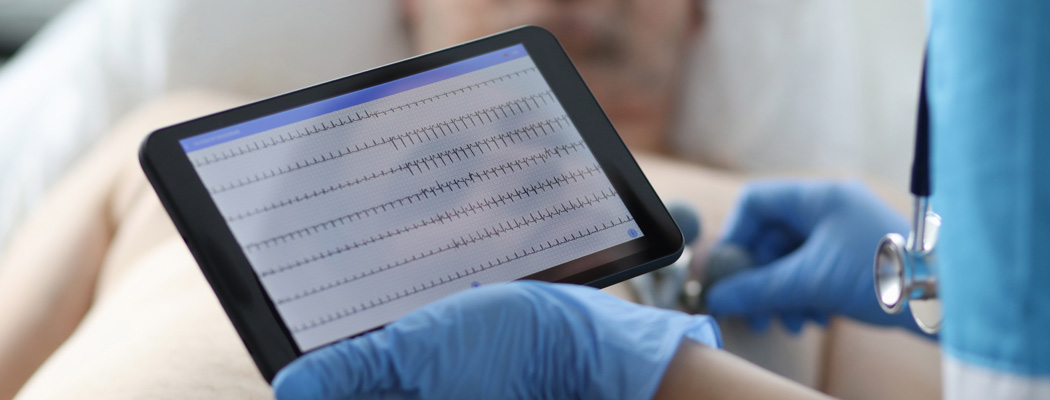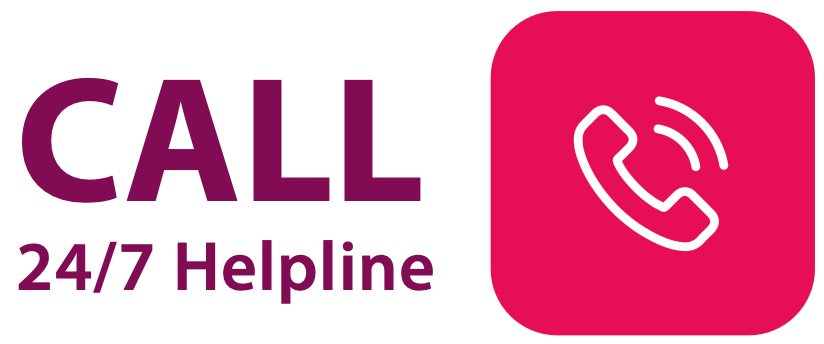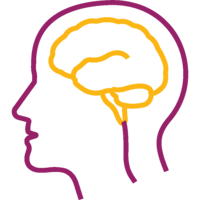
Tuesday, 23 August, 2022
Understanding Cardiac Arrhythmia
Cardiac Arrhythmia is a collective term for a large set of conditions due to abnormal electrical activity in the heart. In this condition, either the heart beats too slowly or too fast, uses extra beats, or is irregular.
A slow heartbeat is generally 60 beats per minute, but a fast one beats at 100 per minute.
Types of Cardiac Arrhythmias
There are two broad types of cardiac arrhythmias:
Atrial Arrhythmia
This refers to the arrhythmias that begin in the two upper cardiac chambers. It is divided into:
- Paroxysmal Supraventricular Tachycardia (PSVT) PSVT comprises rapid heart rate episodes that begin just above the ventricles. These heartbeats occur periodically rather than regularly.
- Atrial Flutter This type of heart rhythm abnormality originates in the heart's upper chambers and is recognized for its rapid heartbeats. This part of the heart beats unusually fast and causes the entire organ to beat equally rapidly.
- Atrial Fibrillation (A-fib) This irregular and frequently rapid heart rhythm causes blood clots in the heart, and increases the risk of heart failure, heart-associated complications, and stroke.
- Ectopic Atrial Tachycardia (EAT) Though this is a sporadic condition, it is risky as it can cause a dysfunctional ventricle if not treated in time.
Ventricular Arrhythmia
This form of arrhythmia originates in the heart’s ventricles. It is divided into:
- Ventricular Tachycardia Electrical signals in the ventricles and V-tach cause this abnormal heart rhythm called ventricular tachycardia.
- Ventricular Fibrillation This symptom is recognized by confusing heart signals that cause twitching in the lower ventricles. Consequently, the heart does not pump the required blood for the entire body.
Causes of Cardiac Arrhythmia
The leading causes of arrhythmia are:
- Diabetes
- A heart attack at present
- Scarring from an earlier heart attack
- Blocked coronary arteries
- High blood pressure
- Sleep apnea
- Changes due to cardiomyopathy
- Genetics
- Stress or anxiety
- Hyperthyroidism
- Hypothyroidism
- Infection with COVID-19
- Over-the-counter drugs, such as drugs for cold relief
- Excessive caffeine or alcohol intake
- Drug abuse
- Smoking
Symptoms of Cardiac Arrhythmia
An individual experiencing arrhythmia can exhibit one or more of these symptoms:
- Chest pain
- Palpitations
- Shortness of breath
- Feeling dizzy
- Fainting
Treating Cardiac Arrhythmia
Various drugs help treat arrhythmias. Some of these include:
- Anti-arrhythmic drugs These drugs convert the abnormal heart rhythm into a sinus or normalrhythm to prevent further arrhythmia.
- Heart-rate control drugs Heart-rate control drugs control the speed of the heartbeats.
- Anticoagulant or antiplatelet therapy These are drugs that lessen the risk of clot formation or future strokes. Popular in this category are blood thinners like warfarin or aspirin.
- Medications for related conditions
These are drugs used to treat arrhythmia-related conditions that result in an abnormal heart rhythm.
Preventing Arrhythmias
Arrhythmias can be prevented by making significant lifestyle changes that reduce the risk of heart ailments. These are:
- Reducing stress
- Weight loss
- Exercising regularly
- Saying no to self-medication
- Abstaining from smoking, alcohol, and caffeine
- Eating nutritious food
Why Kauvery?
State-of-the-art machinery isn’t always enough to treat patients. At Kauvery Hospitals, we know this too well and offer personalized attention to our cardiac patients. We believe that medication isn’t all that a patient needs to recover, and our medical and associate staff work hard to make our patients’ recovery easy and pleasant.


 Neurosciences
Neurosciences Bariatric Surgery
Bariatric Surgery